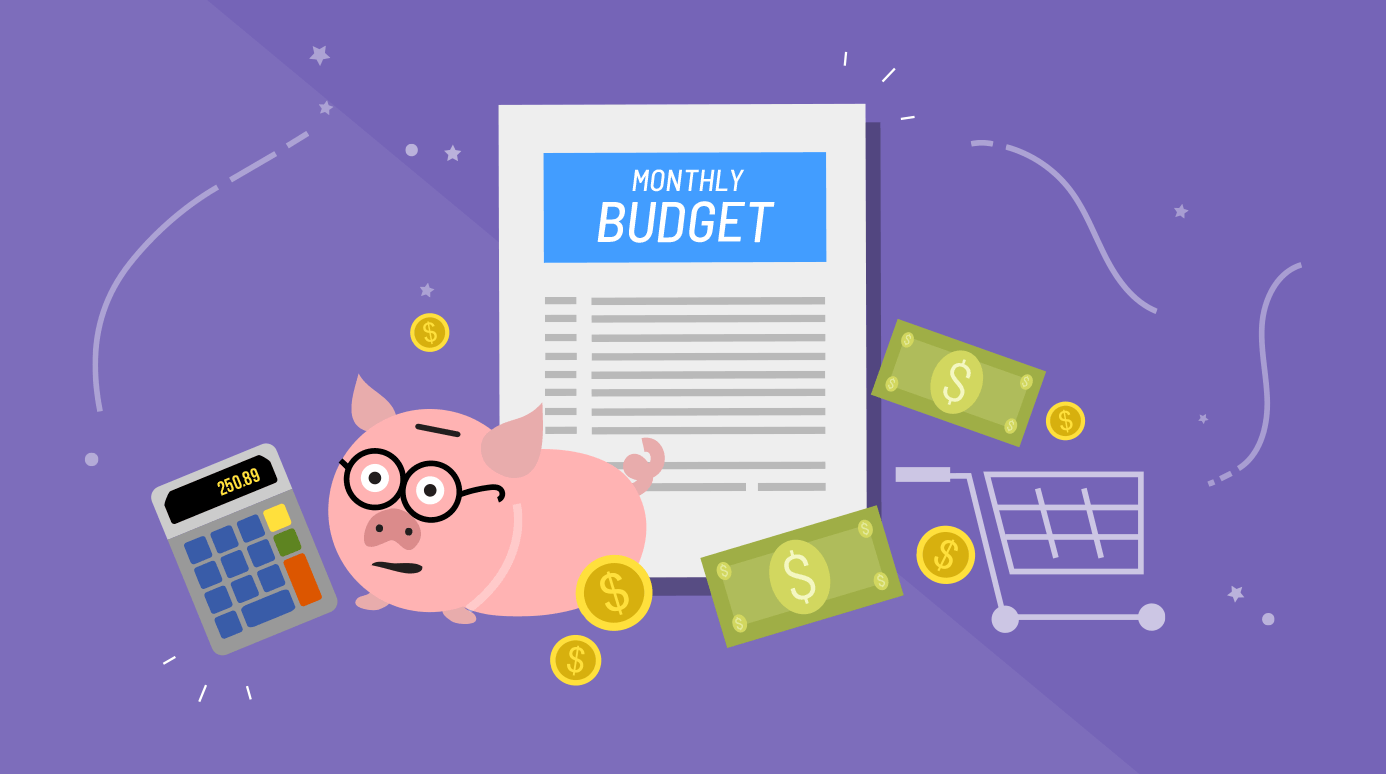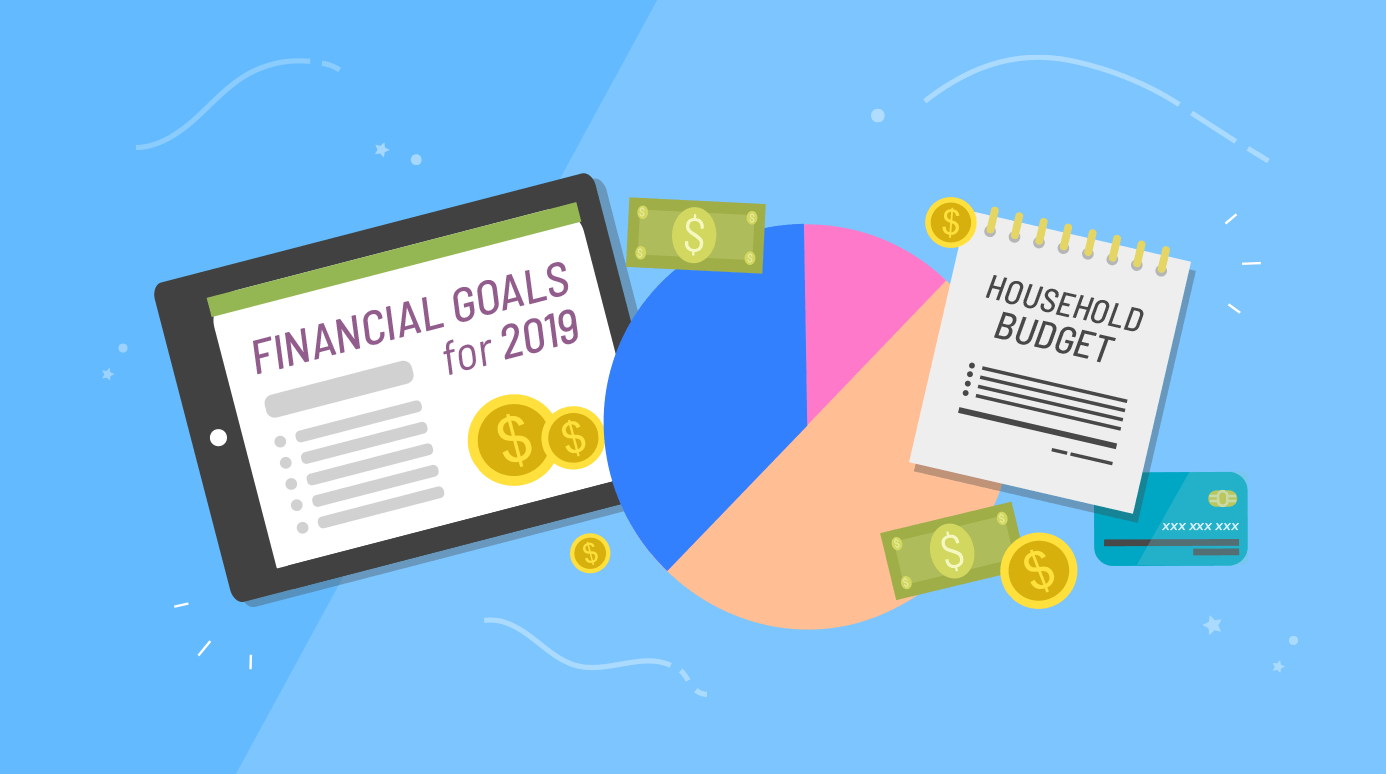Money Basics -
Budget Now - Before You Start Looking for a New Job

Money Basics
Budget Now - Before You Start Looking for a New Job


/en/moneybasics/dealing-with-financial-anxiety/content/

Beginning a job search is an excellent time to begin thinking about the role of money in your life. You may be looking for a job that pays more or that offers better benefits. By examining how you make and spend money now, you can develop more reasonable expectations for what you need to earn in the future.
Consider the role of money in your life before you jump into the job search. Although money buys us the things we want and need, it can also cause a lot of misery. Most people carry too much debt and put too little money aside in savings. The good news is, it's possible to turn this around. All it takes is some time and commitment.
This may seem unavoidable, but there are many things you can do to change this situation. Looking carefully at what you make, what you spend, and what you save is the first step toward managing your money.
Many people jump into a job search driven by one thing: the desire to make more money. This is understandable, but it's also a recipe for disaster. By only looking at an hourly wage or salary, people overlook many of the other aspects of work, such as benefits and transportation costs.
Being informed about your financial goals can help you make better decisions about salary and benefits. However, your finances can also hurt your chances for a new job. Some employers are unwilling to hire someone with a great deal of debt or a bad credit rating. Either way, it always pays to be aware.
First, figure out where your money comes from and where it goes. Next, look for areas where you can trim expenses and save money. Live with the budget for a while, and keep track of every change in income or spending. Finally, use this information to re-evaluate your financial situation, and see what (if any) changes you need to make.

1. Discuss values. Identify your goals. Think carefully about what you want as opposed to what you need.
2. Set goals. Try to formulate some goals for your personal or family finances. Is your goal to pay off your credit card debt or save for a family trip? This is where you really need to think about what you want and what you need. Remember, it's always cheaper in the end to save money for something you want rather than to buy it on credit.
3. Determine income. Write down all of your income sources. This includes the money you have coming in each month. The worksheet at the end of this section will help you compute this figure.
4. Determine expenses. Every single cent you spend counts as an expense—food, gas, candy, debt, rent, or a car payment. Try to keep track of every dollar you spend—even a cheap snack adds up.
The $11,000 snack!!!
A daily junk food snack really adds up!
Let's imagine you eat the same snack every day for 15 years.
$.95 Twinkie twin pack
$.69 bag of chips
$.60 can of soda
= $2.24 a day
= 11.20 a week
= $44.80 a month
= $537.60 a year
over 15 years = $8,064.00
But, if you had put that money in a 4% interest savings account, it would be worth $11,195.
That is one expensive snack!!
5. Create a plan. Look at your expenses, and try to figure out where you can save money. If your groceries seem too expensive, are you using coupons? Is there a way to cut out nonessential expenses? Try to see what you can do to save money. Now, try to create a budget plan that spells out how much money you will spend each month. Don't forget to set aside as much money as possible for savings.
6. Keep track of expenses. Now you have to live within your budget plan. Keep a notebook with you at all times. Write down the amount each time you make a payment, write a check, or buy something.
7. Evaluate your plan. Are you spending more than you budgeted for? If so, where is the extra money going? Is this a case of forgetting to put something in the budget? If this is the case, adjust your plan. Or do you need to cut something else out of your budget?
Take time to write down your monthly income and expenses. You may be amazed at where your money is going.
By keeping better track of your money, you can better decide which changes will have the most impact on your personal finances.
We have created a sample budget worksheet (in Microsoft Word format) to get you started.
/en/moneybasics/living-within-your-means/content/